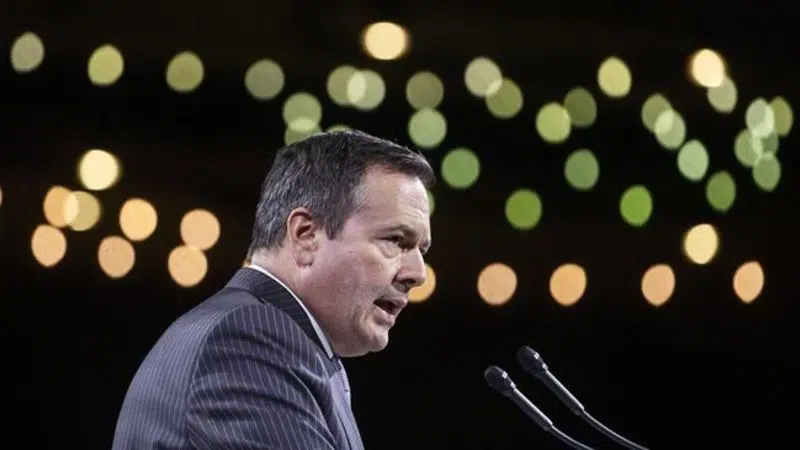
Alberta will study already ‘compelling case’ for its exit from CPP: Kenney
Alberta Premier Jason Kenney says there’s a “compelling case” to be made for his province to exit the half-century-old Canada Pension Plan — an idea sure to face increasing scrutiny over the coming months.
With growing frustrations in his province about its place in the federation, Kenney has revealed that a deeper analysis is on the way to consider Alberta’s potential withdrawal from the national pension plan.
The move, if it goes forward, would pull Albertans’ multibillion-dollar share from the $400-billion pool of assets that are handled by the investment manager, the Canada Pension Plan Investment Board.
The proposed departure, Kenney said, will be examined by a panel his government intends to create as a way to assess “fairness” for Alberta within the federation.

